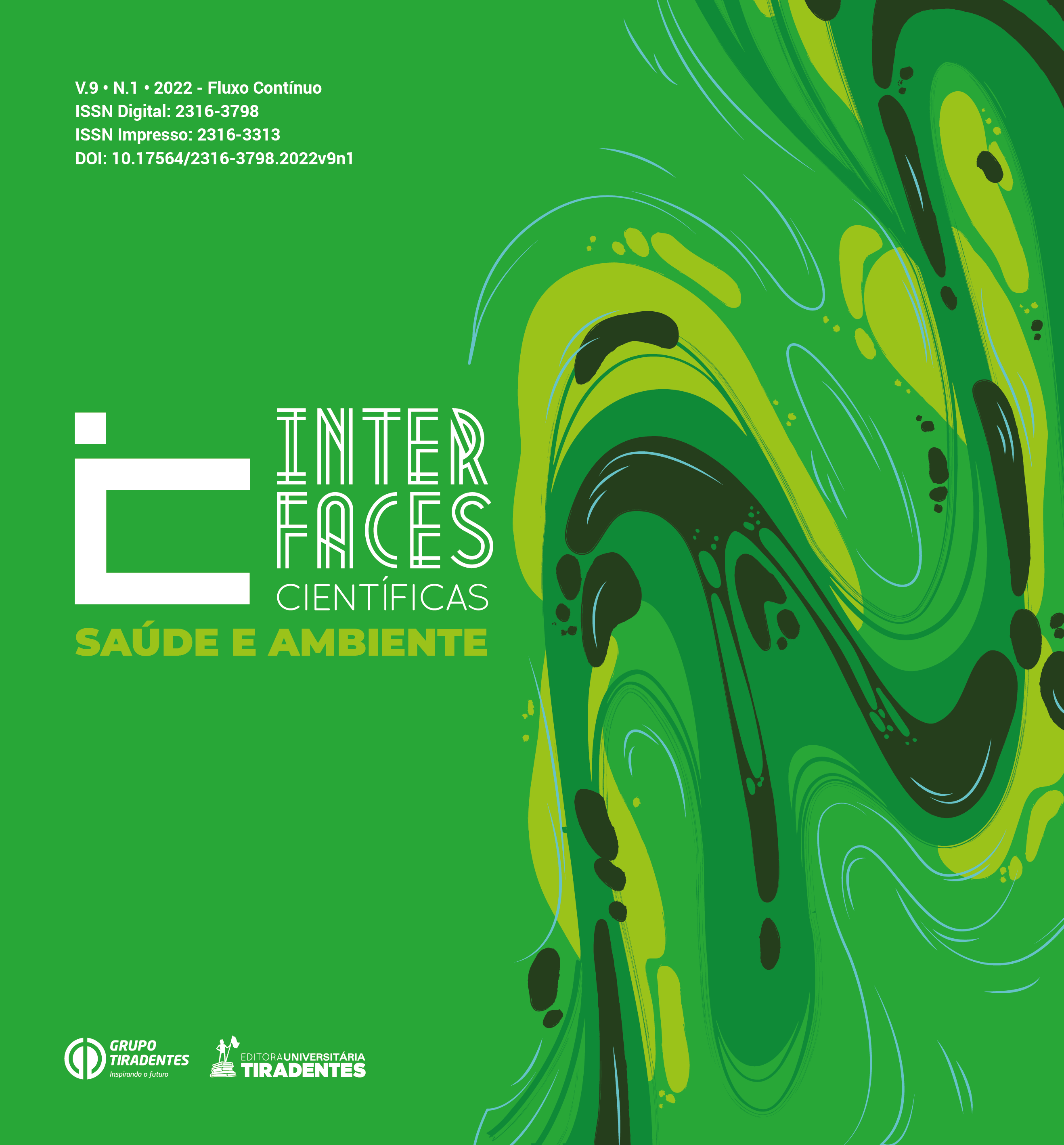PERCEPÇÃO DO SINTOMA FADIGA EM INDIVÍDUOS COM DIAGNÓSTICO DE ACIDENTE VASCULAR ENCEFÁLICO: ESTUDO QUALITATIVO
DOI:
https://doi.org/10.17564/2316-3798.2022v9n1p87-98Published
Downloads
Downloads
Issue
Section
License
Copyright (c) 2022 Interfaces Científicas - Saúde e Ambiente

This work is licensed under a Creative Commons Attribution-NonCommercial 4.0 International License.
Autores que publicam nesta revista concordam com os seguintes termos:
a. Autores mantêm os direitos autorais e concedem à revista o direito de primeira publicação, com o trabalho simultaneamente licenciado sob a Licença Creative Commons Attribution que permite o compartilhamento do trabalho com reconhecimento da autoria e publicação inicial nesta revista.
b. Autores têm permissão e são estimulados a distribuir seu trabalho on-line (ex.: em repositórios institucionais ou na sua página pessoal), já que isso pode gerar aumento o impacto e a citação do trabalho publicado (Veja O Efeito do Acesso Livre).
Abstract
Introduction: Fatigue after stroke is a very prevalent symptom that represents a challenge in patient assessment due to its multidimensional nature and lack of information.Objective: To characterize the fatigue symptom of individuals diagnosed with stroke considering their perception. Methods: A qualitative, exploratory-descriptive study was carried out, exploring the phenomena involved in the characterization of the fatigue symptom associated with stroke. Results: Ten individuals with a diagnosis of stroke participated in this study, in which they defined the fatigue associated with the stroke as a lack of energy characterized by being transitory of daily involvement and limiting in daily life activities and self-care. Fatigue was more felt in situations that require concentration and in making important decisions and was correlated with anxiety and depression. In their approach, the participants seek solutions to reduce or stop fatigue, configuring the phenomenon of adaptability to the symptom. Conclusion: Fatigue associated with stroke is defined as a non-lasting physical and mental symptom that causes disability with sensorimotor, emotional, behavioral repercussions, driving individuals to seek strategies to live with fatigue.




















